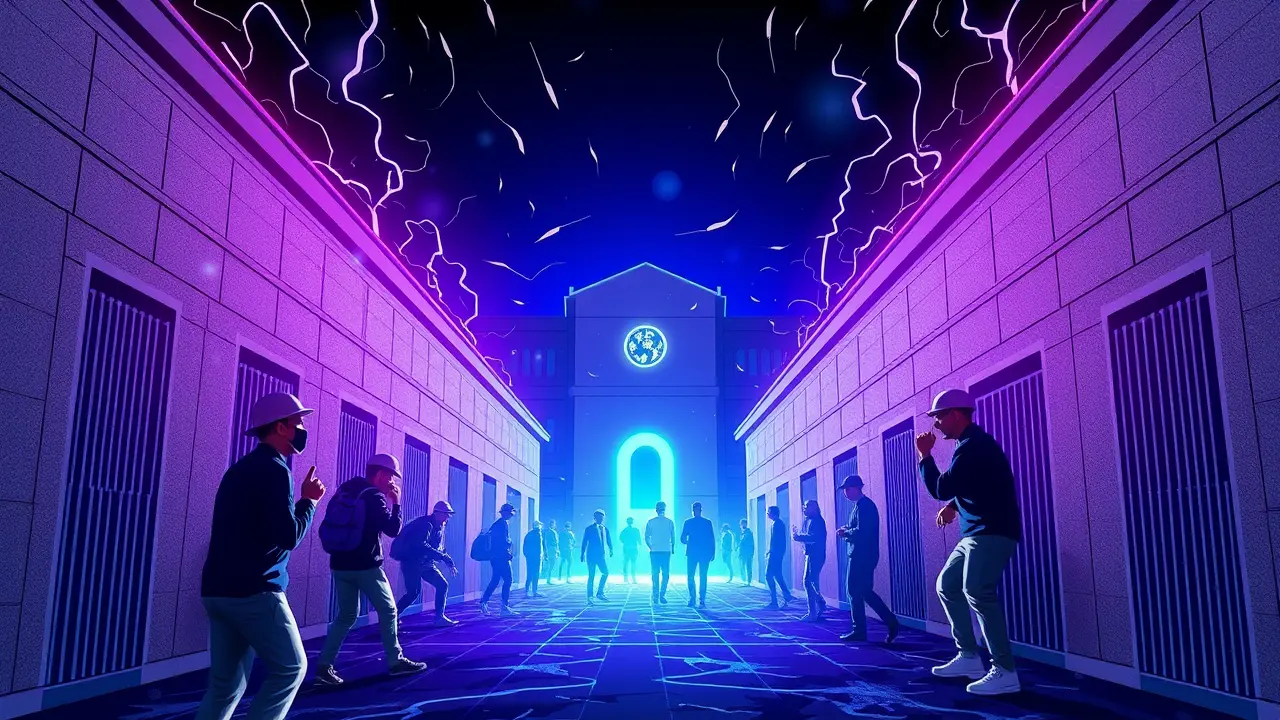
Guatemala Enacts Sweeping Anti-Gang Legislation Amid Crisis
In a political maneuver that feels ripped from a high-stakes campaign playbook, Guatemala’s Congress has thrown a legislative haymaker at the nation’s notorious street gangs, passing the 'Law for the Frontline Combat of Criminal Activities of Maras' with overwhelming support from 145 lawmakers. This isn't just a policy shift; it's a declaration of war, a strategic offensive launched from the parliamentary floor designed to recalibrate the entire battlefield of public security.The legislation, passed on October 21, dramatically escalates the legal arsenal, imposing significantly harsher criminal penalties on gang members and green-lighting the construction of a new, segregated prison system intended to sever the communication lines that allow these organizations to operate from behind bars. The context here is critical: this isn't happening in a vacuum.Guatemala is currently navigating a profound political crisis, a turbulent landscape where the administration of President Bernardo Arévalo is simultaneously fighting entrenched corruption and fending off judicial challenges from what many observers label a 'pact of the corrupt. ' From a strategic communications perspective, this law is a masterstroke, a policy that allows the government to project an image of decisive strength and control at a moment of intense vulnerability.It’s a classic political gambit—when internal fractures threaten to destabilize your base, pivot to an external threat that unifies public opinion. The gangs, primarily the transnational MS-13 and Barrio 18, have long functioned as a shadow state in many regions, exerting control over neighborhoods, extorting businesses, and contributing to one of the highest homicide rates in Latin America.The proposed new prisons echo the controversial 'maximal security' models seen in El Salvador under President Nayib Bukele, a leader who has built his entire brand on a brutal, if popular, crackdown. The question now isn't just about the law's passage, but its execution.Will Guatemala’s underfunded and often compromised judicial and penitentiary systems be able to implement this without exacerbating human rights abuses, as critics fear? Or will it simply push the gangs to evolve, adapt, and find new, more insidious methods of operating? The political risk is immense. Success could consolidate Arévalo's power and provide a much-needed victory; failure could be painted by his opponents as proof of ineffectiveness, further fueling the crisis. This is more than a new law; it's a high-risk political campaign being waged with legislation as its primary weapon, and the entire nation is the battleground.
#Guatemala
#anti-gang law
#harsher penalties
#new prisons
#legislation
#Central America
#featured
Related News
Comments
CH
Chloe Miller123d ago
wow this feels like a massive gamble hope it actually works out for them and doesn't just make things worse
0
JA
Jamie Ruiz123d ago
hmm not sure if harsher prisons are the real solution here, feels like we've seen this movie before and it doesn't end well
0
© 2026 Outpoll Service LTD. All rights reserved.